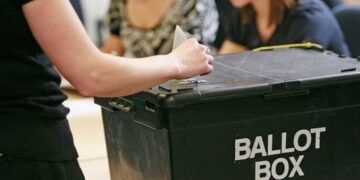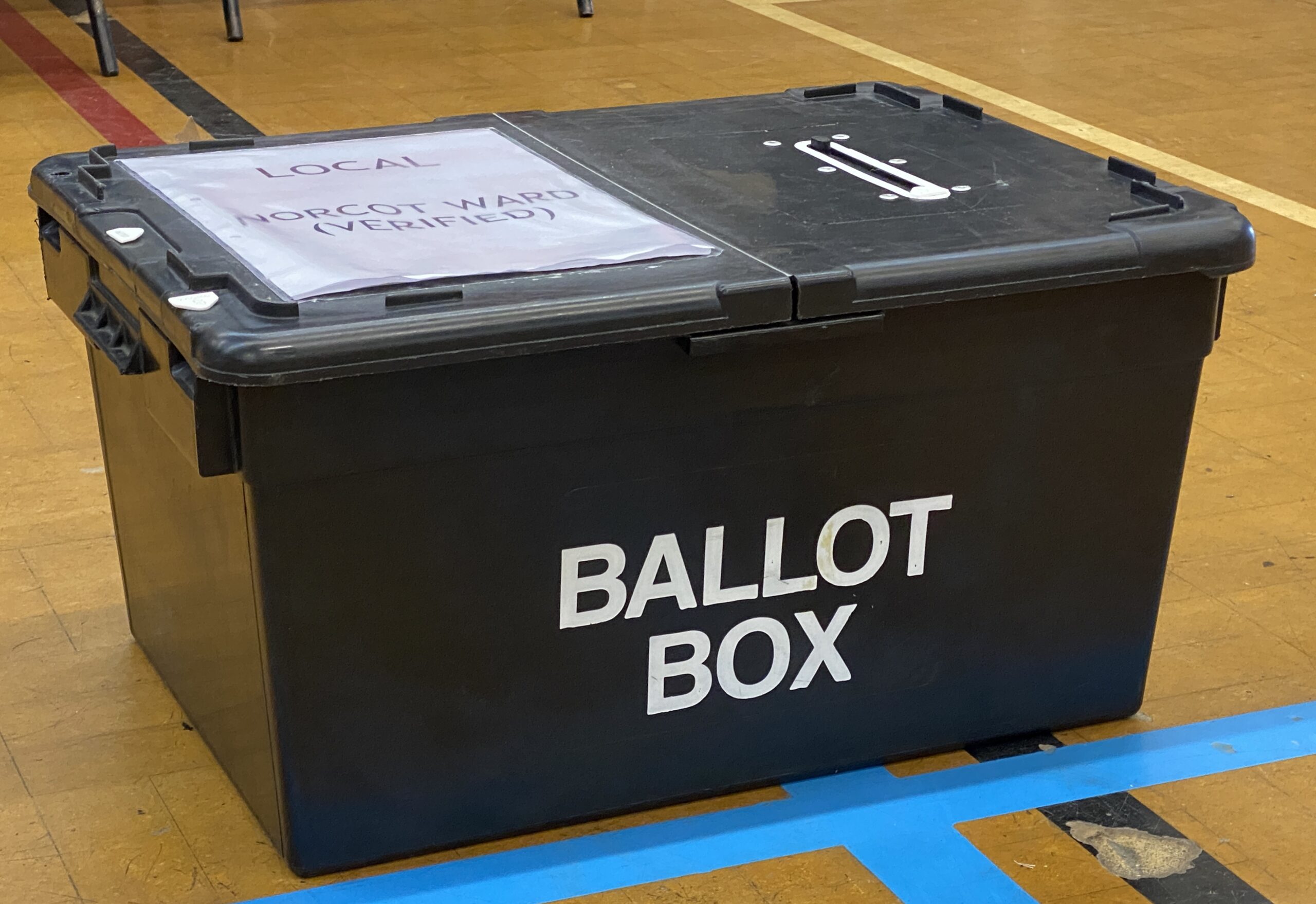Voter disillusionment is a problem for democracy in the UK.
Turnout for the 1950 general election was 84% and for the most recent general election in 2019 it had fallen to 67%.
There are multiple reasons for this and many proposed solutions, but feeling like your vote is meaningless or having to grit your teeth and vote tactically are key issues for this apparent apathy.
In Wokingham our voter turn-out in 2019 was an impressive 74%. Given 31,263 (50.4%) of the votes cast were not acknowledged in the allocation of Westminster seats and that we’ve had the same MP for 36 years, one could call this a triumph of optimism over experience.
It’s generally assumed that we are not far away from the next general election and in fact we have just seen the Council Leader, Cllr Clive Jones, step down from this position to focus his efforts on becoming the next MP for Wokingham. With only a 5.95% swing to Lib Dem needed to take the seat, and following on from an impressive set of local election results, this could be well within the Lib Dems reach. Indeed Wokingham is one of the Lib Dems’ target seats, and in order to achieve electoral gains within our current electoral system there’s already a big push to persuade people to vote tactically.
The top issue concerning young voters at the moment is the environment, yet this does not translate into an intention to vote for the Green Party. This is unsurprising in our current system where 26,000 votes are needed to elect a Scottish National Party MP, but 866,000 are needed to elect a Green Party MP. A depressing 47% of young people (aged 18-24) were estimated to have voted in 2019. Why vote when you feel your vote doesn’t count and none of the major parties feel the need to court your vote by focussing on issues salient to you?
So what’s the solution? Most Western democracies use some form of Proportional Representation (PR). In fact, in Europe, only the UK and Belarus continue to use the winner takes it all system of First Past the Post. Proportional Representation has the potential for so many benefits. Voters can vote for whoever they believe in rather than voting “against” a party. Concerns about “splitting the vote” are no longer an issue. Rather than resulting in unstable coalition governments, which opponents to PR would have us believe, parties are able to work together and co-operate in the long-term interests of the country. Collaborative politics benefits all of us. Debate and disagreement are essential for a healthy democracy, but do we really think the performative point scoring of Prime Minister’s question time is the best way to achieve this? Aside from being an embarrassment, it’s a disincentive to a more diverse parliament.
Currently around a third of our MPs are women. PR systems result in around 8% more women elected and every European country with more than 40% women MPs uses a form of Proportional Representation. Our current electoral system remains a barrier to women’s participation in politics and needs to change.
The Women’s Equality Party supports the use of Proportional Representation and I will be attending “Sort The System”, a mass lobby of Parliament, today (Thursday, May 24). We are calling for Proportional Representation for UK general elections and people from every part of the UK are coming to Westminster to tell MPs: it’s time to Sort The System.
I asked our MP, Sir John Redwood to meet with me however he has declined. The email in reply to my request stated that “he does not support representation”. After I had lowered my eyebrows and stopped smiling, I queried and was reassured by a staffer that this was a typo and in fact he does not support “Proportional Representation”. Although, since Jacob Rees-Mogg appears to have confirmed that the new mandatory voter-ID policy was an attempt at gerrymandering gone wrong, I was not too surprised at the wording of the initial response.
Our electoral system is broken and does not reflect the way we vote. We are denied a voice or forced to vote tactically. It’s time to start fixing our democracy with a system in which all our votes count.
More information here: https://www.makevotesmatter.org.uk/
Louise Timlin is the leader of the Women’s Equality Party, Reading and Wokingham














































